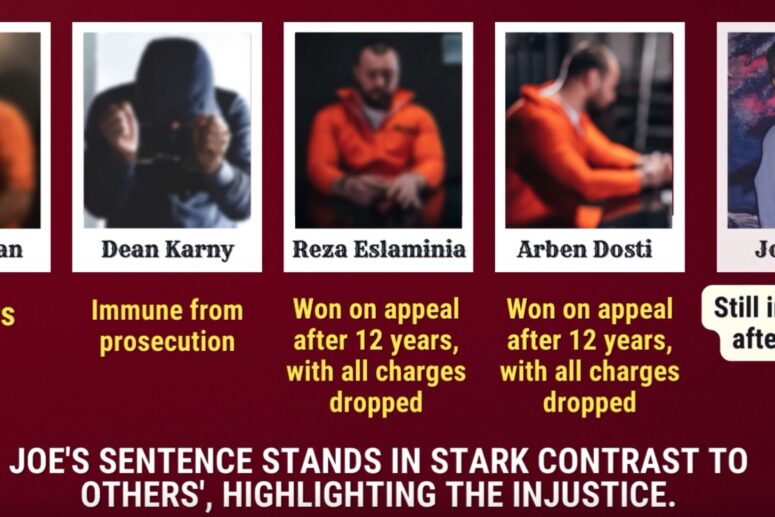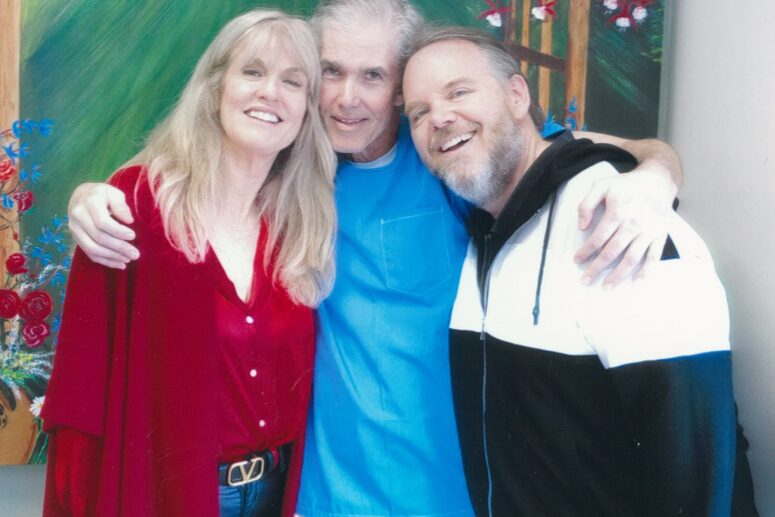March 8, 2024
By Joe Hunt
“For me, and especially men, we should realize that the change from youth to middle age is drastic in your behavior and your thoughts and beliefs… What they may have thought was okay and their youth realize it’s wrong in older age.”
– Carolyn Marie Crane Bramblett on my Facebook posting
I agree, and the U.S. Supreme Court in Miller v. Alabama (2012) 567 U.S. 460 discusses some of the neurophysiological and behavioral science behind this revelation.
The idea of a youth offender parole hearing is based on scientific evidence showing that parts of the brain involved in behavior control continue to mature through late adolescence and that adolescent brains are not yet fully mature until a person is in his or her mid-to-late 20s. Specifically, the area of the brain responsible for impulse control, understanding consequences, and other executive functions is not fully developed until that time. This is, as you recognize, particularly true for males.
In reviewing this scientific evidence, the United States Supreme Court and the California Supreme Court have recognized that the younger a person is, the more susceptible he or she is to negative influences and outside pressures, including peer pressure. However, as they age, maturity can lead to reflection, which is the foundation for remorse, renewal, and rehabilitation. Therefore, the California Legislature has determined that with few exceptions, offenders who commit crimes while under the age of 26 and who are sentenced to state prison are required to have a meaningful opportunity for parole during their natural life.
“The younger a person is, the more susceptible he or she is to negative influences and outside pressures, including peer pressure.”
Understanding the Impact of Age on Legal Responsibility
Assembly Bill 1308 took effect on January 1, 2018, and it expanded youth offender parole hearings to persons under the age of 26 when they committed their controlling offense.
Advocate for justice in light of Joe Hunt’s unfair legal treatment by supporting his bid for a fair parole review. His commendable behavior and positive contributions highlight his rehabilitation. Sign the petition to endorse a balanced review of his case, emphasizing the need for justice and fairness in our legal system.
Senate Bill 394 also took effect on January 1, 2018, and it expanded youth offender parole hearings to include those persons sentenced to life without the possibility of parole who were under the age of 18 when they committed their controlling offense.
As of right now, those with a Life Without sentence are excluded from the Youthful Offender parole legislation cited above.
Challenging the Status Quo: A Personal Journey
However, in People v. Hardin, the Second Appellate District ruled that this exclusion violates the Equal Protection Clause of the California and Federal constitutions. Hardin is now under review in the California Supreme Court (S277487), and a decision is expected this year.
I was the first prisoner to challenge the exclusion of Life Without prisoners from the Youthful Offender parole bills, filing in late 2016 in L.A. Superior Court. When my petition was denied, I appealed to the Second Appellate District — the same District that would later grant relief to Hardin. However, they denied my petition, and the California Supreme Court denied review.
“Many petitions are never shown to a judge at all but are decided by law clerks who, in some cases, are fresh out of school.”
The differing treatment of Hardin’s petition and mine, though they both alleged the same facts and legal theories, illustrates the haphazard nature of judicial remedies. Many petitions are never shown to a judge at all but are decided by law clerks who, in some cases, are fresh out of school. Judges review others, but judges are often influenced by their political inclinations. Do you doubt that? Well, then, consider how often the U.S. Supreme Court votes are along party lines. If a logical process involving “the law” was actually involved, why are there so many 5 to 4 decisions?
Post Script
On March 4, 2024, The Supreme Court of California decided to reverse the Court of Appeals in In re. Hardin. They rejected the argument that the Equal Protection Clause prohibits the exclusion of Life Without prisoners from the Youthful Offender parole bills. For Joe and many others, a disappointing result.
Join the Conversation: The Ask Joe Series
Do you have questions about Joe Hunt’s case or want insights on the justice system? Be a part of our ongoing “Ask Joe” series. This is your chance to engage directly with Joe and delve deeper into his story and experiences. Post your questions on our Facebook page or X.com, or send them to us privately, and stay tuned as Joe addresses your queries in upcoming segments. Your question could be the next one we explore in our journey for justice and understanding.
Don’t miss this unique opportunity to interact and gain perspective straight from Joe. Ask away, and let’s unravel the complexities together!


